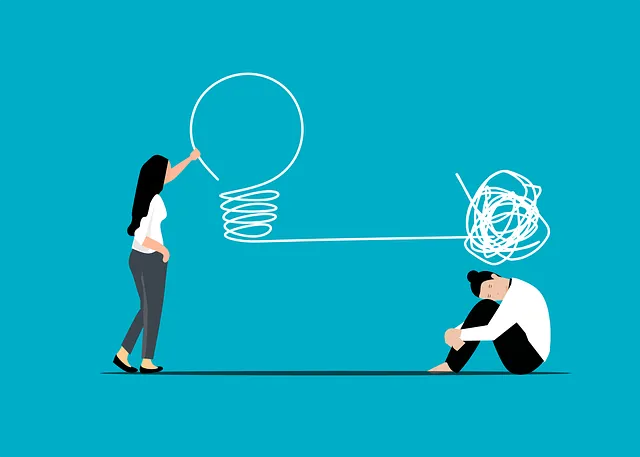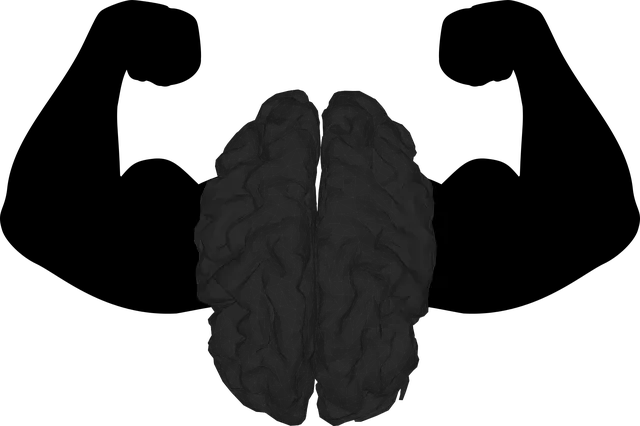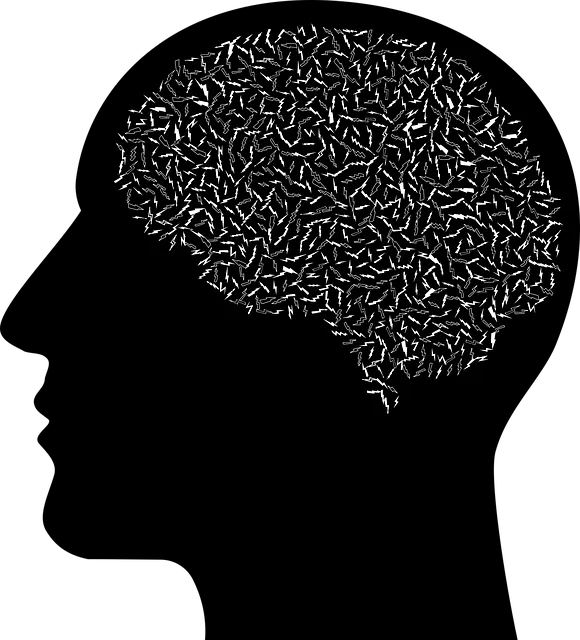The Boulder Kaiser mental health programs emphasize risk assessment as a cornerstone of client safety and therapeutic environments, addressing both immediate concerns and systemic issues through structured approaches. Their framework prioritizes comprehensive risk management, mood management, resilience-building, and self-care strategies to enhance professionals' well-being in high-stress environments. Programs like the Community Outreach Program and Mental Wellness Podcast Series support practitioners with resources and knowledge sharing, while continuous professional development ensures they stay abreast of best practices, ultimately improving clinical outcomes.
In the dynamic field of mental health practice, risk assessment is a cornerstone of effective care. This comprehensive guide explores essential strategies, drawing from the foundational principles of the Boulder Kaiser Mental Health Programs Framework. We delve into understanding risk assessment, identifying vulnerabilities, and implementing mitigation measures to protect professionals while enhancing patient outcomes. Through continuous improvement and professional development, this approach ensures a resilient and thriving mental health workforce.
- Understanding Risk Assessment in Mental Health Practice
- The Boulder Kaiser Mental Health Programs Framework
- Identifying and Mitigating Risks for Professionals
- Continuous Improvement and Professional Development
Understanding Risk Assessment in Mental Health Practice

In the realm of mental health practice, risk assessment is a crucial tool that enables professionals to navigate complex client scenarios effectively. It involves a systematic process of identifying, evaluating, and mitigating potential risks associated with individual clients or broader systems within Boulder Kaiser mental health programs. This proactive approach ensures the safety and well-being of both clients and practitioners, fostering a secure therapeutic environment.
The art of risk assessment goes beyond mere identification; it requires professionals to employ effective communication strategies and conflict resolution techniques. By integrating these skills, mental health experts can assess not only explicit risks but also subtle cues indicating potential hazards. This holistic approach, integral to the practice of risk assessment for mental health professionals, allows for tailored interventions that address both immediate concerns and underlying systemic issues.
The Boulder Kaiser Mental Health Programs Framework

The Boulder Kaiser Mental Health Programs Framework is a structured approach designed to enhance resilience and promote mental wellness among professionals in the field. This framework emphasizes the importance of comprehensive risk assessment, which goes beyond traditional security measures to address the unique challenges faced by mental health practitioners. It incorporates strategies for effective mood management, recognizing that maintaining emotional balance is crucial for providing quality care.
By integrating resilience-building techniques into their practice, mental health professionals can better navigate stressful situations and foster a sustainable work-life balance. The Boulder Kaiser framework encourages professionals to prioritize self-care, engage in regular reflection, and access support systems. These proactive measures contribute to enhanced job satisfaction and overall mental wellness, ensuring that practitioners are equipped to support their clients’ journeys towards emotional well-being.
Identifying and Mitigating Risks for Professionals

Identifying risks is a vital part of ensuring the well-being and effectiveness of mental health professionals at Boulder Kaiser mental health programs. These risks can stem from high-stress work environments, complex client caseloads, and exposure to traumatic narratives. Professionals must be equipped with strategies to mitigate these challenges. One effective approach involves proactive self-care practices, including setting clear boundaries between work and personal life, engaging in regular physical activity, and utilizing stress-reduction techniques like mindfulness or meditation.
Moreover, Boulder Kaiser mental health programs can foster a supportive environment by offering resources such as the Community Outreach Program Implementation, which connects professionals with community support systems, and the Mental Wellness Podcast Series Production, providing accessible platforms for knowledge sharing and self-reflection. Additionally, Social Skills Training can enhance professionals’ ability to connect with clients, manage interpersonal dynamics, and maintain healthy professional relationships, further reducing risks associated with isolation or burnout.
Continuous Improvement and Professional Development

Mental health professionals must embrace continuous improvement as an integral part of their practice. Engaging in regular professional development opportunities allows them to stay updated with the latest research, therapies, and best practices in their field. At Boulder Kaiser mental health programs, we offer a range of resources, including the Mental Wellness Podcast Series Production, designed to encourage ongoing learning and skill enhancement. This commitment to growth ensures that professionals can provide the most effective and compassionate care to their clients.
Through well-designed Mental Health Education Programs, professionals can boost their confidence in handling complex cases and diverse client populations. These programs, often tailored to specific areas of interest or practice, offer practical strategies and insights that translate directly into improved clinical outcomes. By fostering a culture of continuous learning, mental health practitioners not only enhance their own wellness but also contribute to the advancement of their profession as a whole.
Mental health professionals, like those guided by the Boulder Kaiser mental health programs framework, must continually assess and mitigate risks to ensure patient safety and their own well-being. By understanding risk assessment methodologies and implementing strategies for continuous improvement, professionals can foster a culture of resilience within their practices. This proactive approach not only enhances patient outcomes but also supports the long-term sustainability of mental health services.






